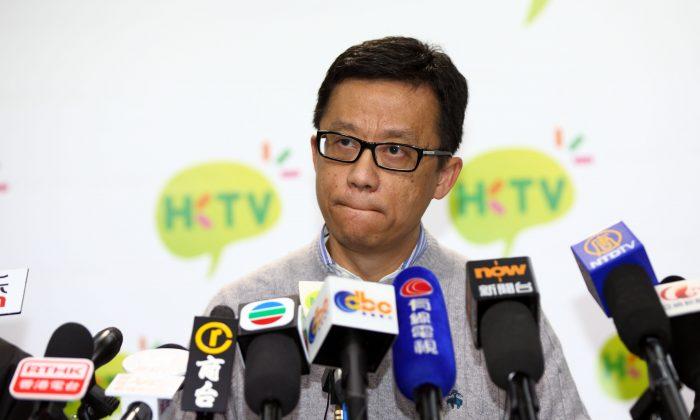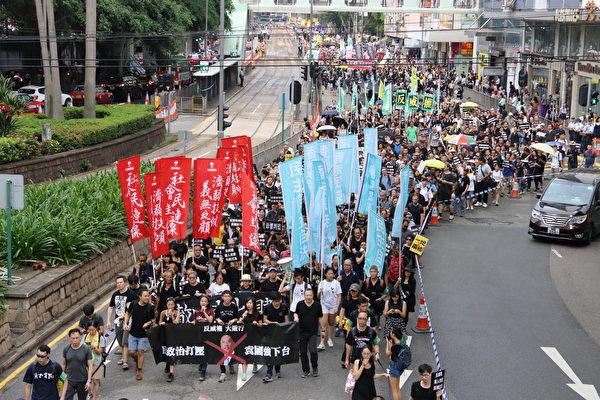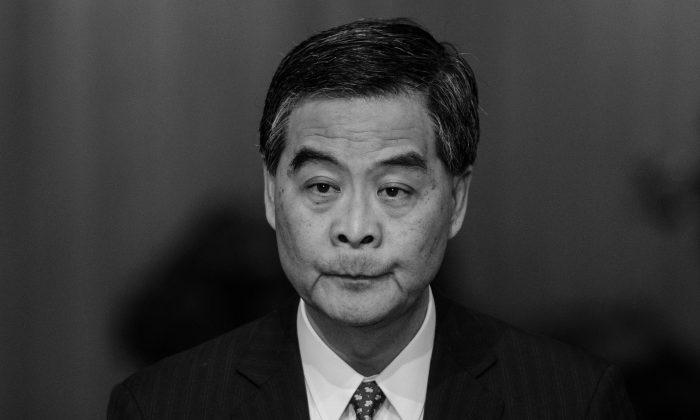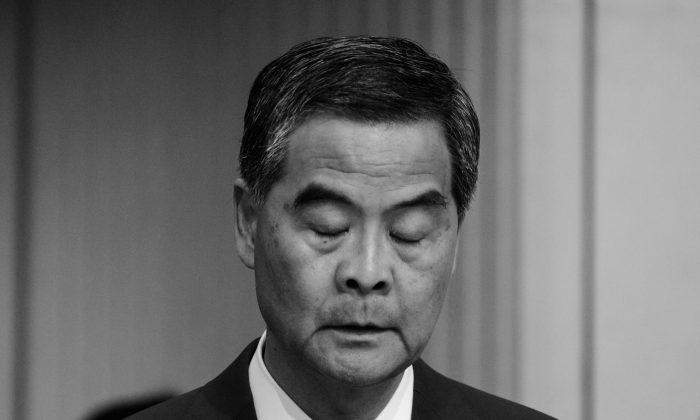Just when Hong Kong Television Network (HKTV) thought it would finally see the light of day, the media company has run into yet another obstacle in the form of a restrictive law.
After the Hong Kong government refused to grant a free TV license to HKTV last year, HKTV chairman Ricky Wong Wai-kay purchased Hong Kong’s only mobile TV license early this year in order to get the network back up and running.
Then Television Broadcasts Limited (TVB) abruptly stopped renting out six transmitting stations to the China Mobile subsidiary where Wong bought the license. Wong decided to install hundreds of stations on rooftops instead, but the authorities have not responded to his applications yet.
None of these problems stopped Wong’s determination to launch his mobile TV service on July 1 this year. However, the government has now delivered what could be a fatal blow, citing the “Broadcasting Ordinance” which states that the number of households that receive mobile TV service cannot exceed 5,000.
As a result, HKTV’s plan to launch TV programs on July 1 has been postponed. On March 11, after a sudden suspension of stock, HKTV announced the postponement of previously scheduled programs.
Wong held a press conference that evening, announcing that HKTV received a lawyer’s notification letter on behalf of the Communications Authority. The letter stated that if HKTV’s signal was received by more than 5,000 households, the company would need to apply for free TV or pay for a TV license; otherwise they could not launch their services.
Ricky said the government’s action was “very rude” and that they had given him a “mission impossible.”
“How could the mobile TV license terms require seven transmitting stations—meaning at least half the people in Hong Kong will receive the signal—but at the same time also meet the requirement of less than 5,000 households?” said Wong.
“Basically this is impossible, and you are being unreasonable,” he said of the government.
Wong added that when the mobile TV license was legislated, it was made clear that it was not regulated by the “Broadcasting Ordinance.”
“Why is it that when it comes to Ricky Wong, when it comes to HKTV, the legal becomes illegal?” Wong asked.
He suggested that the real intention was to obstruct the launching of HKTV.
“The previous owner of the license was able to provide service in 2012, covering 90% of the Hong Kong population, so why didn’t they apply for a free TV license? Why do our policies and laws vary in Hong Kong now? Why did you not regulate the previous owner, but regulate us when I got the license?” said Wong.
He said that for the past week HKTV has repeatedly written to the Communications Authority to ask which standard they can use. The Office of the Communications Authority once mentioned during a meeting that the European DVB standard was okay to use, but they did not confirm this explicitly.
Wong admitted that he had no idea when his company would be able to launch service. When asked to say something to the people who have consistently supported him in the past few months, Wong replied, “I do not have any words to say to them. My team and I have used up our ability and strength to come this far, and we really cannot go anywhere else. I’m sorry, everyone.”
After the long series of frustrations, Wong said he had been driven into a corner. “The circumstances, the unreasonableness, and the power of politics have pushed us this far,” he said.
Wong said he will take further legal action and may bring the matter to court.
“This is not the first time that a government does not act according to the law,” he said. “This pushes us as businessmen to go further to seek judicial review. This is not what I want, but you have forced me to do it.”
He believed the court would give him a fair ruling since the government is not acting according to the law, but instead fighting a war of attrition and using an unfair approach.
In response to the recent series of events that suppress Hong Kong’s media freedom, Wong said, “I just want to be a simple businessman and do something for Hong Kong’s television and creative industries. We never wanted to offend anyone.”
After he was not granted a free TV license last October, Wong asked, “Which is most important—the law, the policy, or the chief executive?”
This time Wong said, “I do not know the answer. Hong Kong today is not the Hong Kong I used to know.”
Translated by Michelle Tsun. Written in English by Sally Appert.
Hong Kong Television Chairman May Sue Government Over Unfair Law
Just when Hong Kong Television Network (HKTV) thought it would finally see the light of day, the media company has run into yet another obstacle in the form of a restrictive law.

By Lin Yi
3/12/2014
Updated: 3/12/2014




Friends Read Free